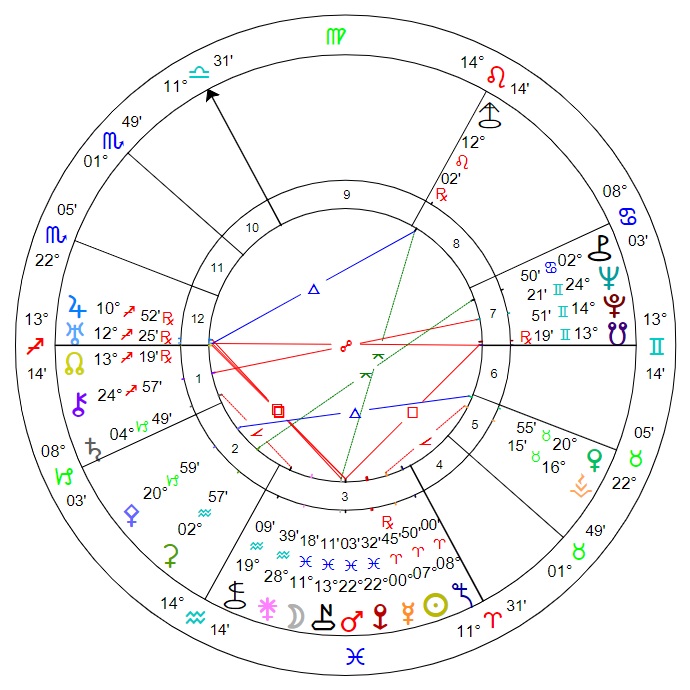Basics
Class: CB-type asteroid
Location: Main belt
Orbit length (approx): 4.26 years
Discovered: 28th March 1900, 23:43 UTC, from Heidelberg, Germany, by Friedrich Karl Arnold Schwassmann
Notes: Mean radius approx 81.5km.
Events at time of discovery:
- March 23 – Birth of Erich Fromm, German-born psychologist and philosopher
- March 28 – The War of the Golden Stool was triggered in what is now Ghana, after Colonial Governor Frederick Mitchell Hodgson offended a gathering of the chiefs of the Asante Empire. In Kumasi, Governor Hodgson demanded the Golden Stool, the most sacred relic of the Asante nation.
- – In Calcutta, the Viceroy of India, Lord Curzon addressed the British governing council and announced that nearly 5,000,000 victims of famine were now receiving relief. Curzon stated that the cost was 52.5 million rupees.
- March 29 – Birth of Oscar Elton Sette, American fisheries scientist
Naming information
Name origin: Learning, or mathematics, from the Greek term, to honour the Mathematische Gesellschaft in Hamburg, Germany, which was founded in 1690 and is the oldest still-active mathematical society in the world, and the second-oldest scientific society in Germany. The name was given at an anniversary celebration in 1901.
 |
| Babylonian mathematical tablet Plimpton 322, dated to c.1800 BCE. Photo from University of British Columbia, Canada. |
Astrological data
Discovery degree: 10+ Libra
Discovery Sabian: A Professor Peering Over His Glasses at His Students
Discovery nodal signature: Aries–Scorpio
Estimated orbital resonances: Earth 4:17, Mars 1:2, Ceres 12:11, Jupiter 14:5, Chiron 12:1
Discovery chart details: Balsamic phase chart with Jupiter and Uranus-North Node rising and Pluto setting. Large third-house stellium including Mercury retrograde. Mathesis was sextile Jupiter. Nessus square Uranus-Node. Moon square Jupiter; Sun conjunct Sedna; Mercury semi-square Vesta. Venus trine Pallas; Mars conjunct Eris; Chiron opposite Neptune. Ceres quincunx Pholus.
Summary and references
Could represent science or the scientific method[1]; the desire for learning, the power of knowledge, studiousness[2]; perhaps also the significance of embracing unfamiliar perspectives, recognising that wisdom exists in many forms, learning and information-sharing as a path to unity or of spiritual growth.
References:
1) Mark Andrew Holmes: Mathesis
2) James R. Lewis: The Astrology Book: The Encyclopedia of Heavenly Influences (Visible Ink Press, 2003)
 |
| Discovery chart for (454) Mathesis: 28th March 1900, 23:43 UTC, Heidelberg, Germany. The asteroid is not depicted. |
